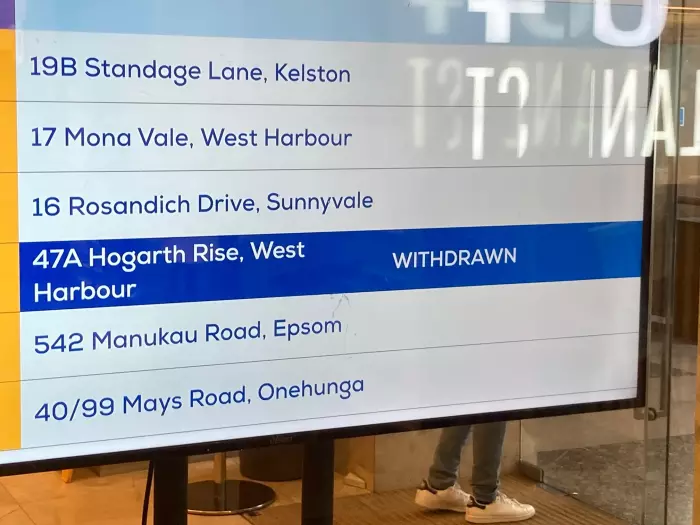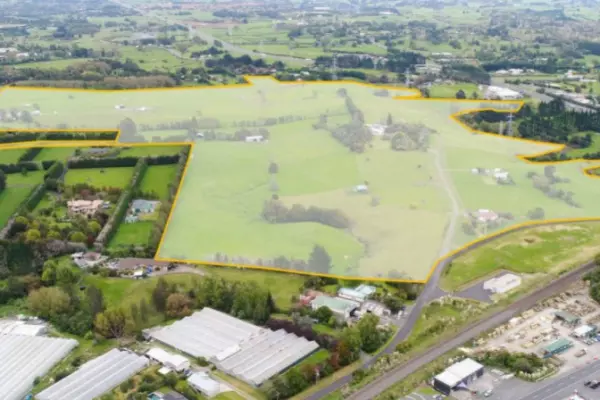Buyers remained absent from auction rooms and open homes last month, reflected in a 35.2% drop in sales to 4,860, down from 7,497 last April.
The latest data from the Real Estate Institute of New Zealand (REINZ) notes that declining sales are reflected almost equally across all regions, with Auckland realtors reporting a 41.3% drop in deal numbers, to 1,573 sales.
Homes that sold by auction, considered a measure of a seller’s market, tumbled to a total of 721, or about 14.8% of all sales. That compares to almost 30% of sales last April in the midst of booming house sales.
The total number of properties on the market also increased 70.8% from 15,838 to 27,050 for the month, according to listing data from realestate.co.nz.
Those houses that did sell were also on the market longer, with the median time to sell up by nine days on March, to 38 days, the data shows.
The REINZ house price index, a barometer of house price inflation, also ebbed to an annual 6.3%. While that's off from 9% during March, it's dramatically down on the annualised 31.1% it hit last August.
REINZ chief executive Jen Baird said the market is now in a phase of the property cycle characterised by weaker demand and lower sales but remaining high prices.
“Fear of overpaying has overtaken fear of missing out, as potential buyers take the time to consider the financial environment and their increased options in the market."
With the "clear change" in market sentiment, some vendors' expectations are now higher than the market is willing to pay and it’s likely will choose to hold off selling after testing the market.
So rather than a “rush of new listings”, higher stock levels reflect the slowing pace of sales, she said.
Opportunities for some
Baird said first home buyers and investors, in particular, remain concerned by tighter lending criteria, loan-to-value restrictions and increasing interest rates and inflation.
But, she said, those buyers who are “backed by equity” and secure in a job market with a low unemployment rate, will continue to see opportunity in the market as more stock increases choice, and prices ease.
Baird said because owner-occupiers remain the most active buyers, there is a softening in the mid to low price range, but interest remains solid in the mid to high bracket.
She said the forecast peak to the official cash rate (OCR) of more than 3% could see potential buyers hold off from purchasing.
But for those who purchased property over recent years, the interest rate increases were “largely expected” and factored into banks’ requirements for borrowers to be able to service mortgage increases – providing a buffer for most.
Westpac Bank, however, suggests that mortgage rates have already risen beyond where the bank expected them to peak this cycle and thinks they could head closer to 4%.
The bank’s acting chief economist, Michael Gordon, said the market is now “overcooking” in terms of the OCR outlook.
Gordon is now forecasting a 15% decline in NZ house prices over the coming two years, but doesn’t expect ‘distressed sales’ to become a market feature, as property owners “generally won’t sell at a loss if they don’t have to”.













